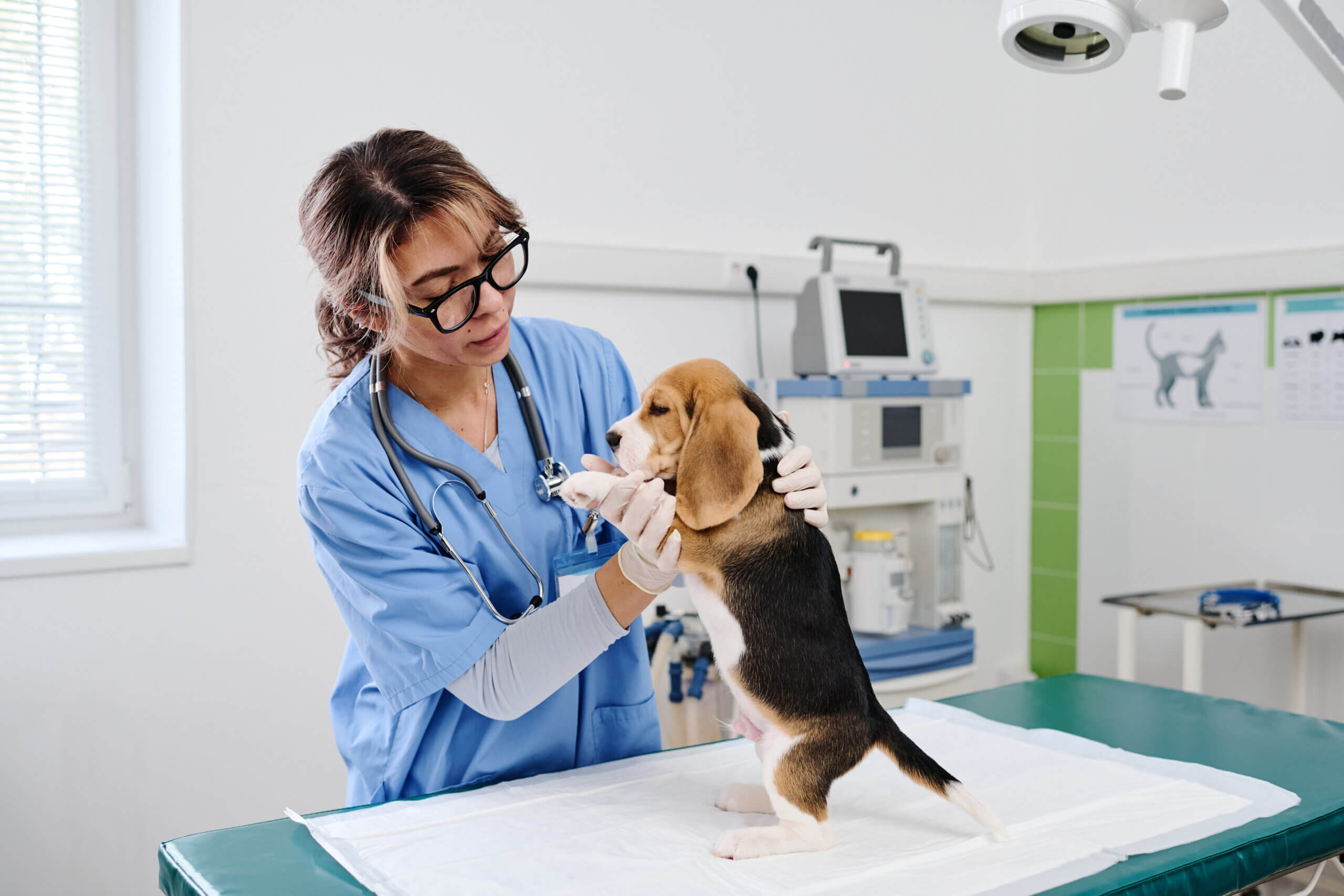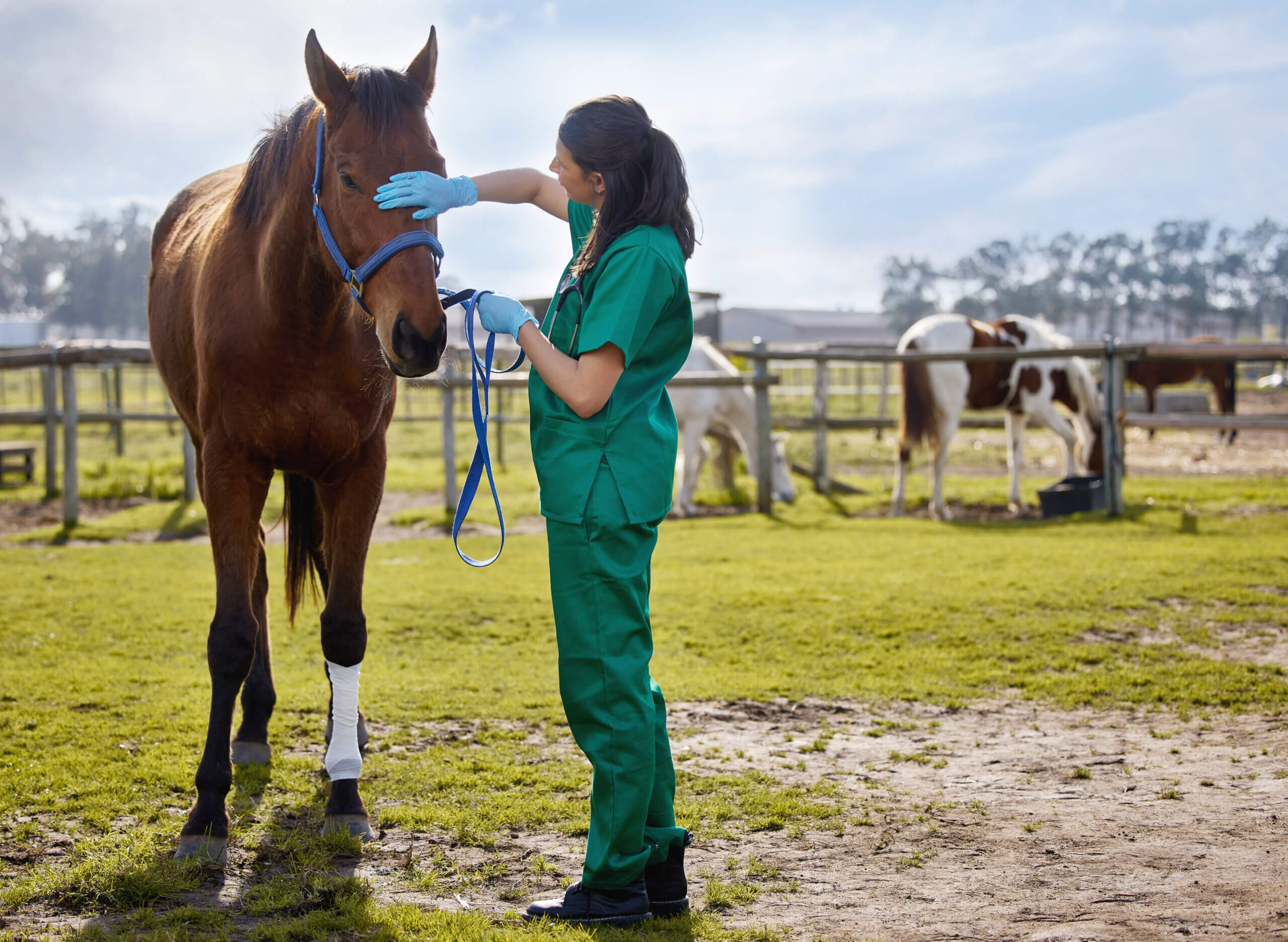As the owner of a veterinary practice, it’s essential to protect the stability and success of your veterinary practice. As veterinarians progress in their careers, estate planning becomes more complex and important.
Ensuring your veterinary practice is protected before and after your death is an essential aspect of estate planning. At Mahan Law, we routinely work with our client’s financial and tax advisors to create an effective, comprehensive estate planning strategy. Knowing you’re in control and prepared with an estate plan can give you a sense of empowerment and peace of mind.
Creating a Will or Trust for Veterinary Estate Planning
Creating a will or trust is an important aspect of estate planning for veterinarians. However, creating a last will and testament may not fully protect your assets. You may benefit from creating a living or irrevocable trust to protect your assets fully.
Creating a trust and transferring your assets into the trust allows your beneficiaries to avoid the probate process, which can be expensive and time-consuming. Additionally, a trust can help you avoid estate taxes. Using a trust may help you limit your tax liability.
Long-Term Care Planning
Long-term care planning is a crucial aspect of creating an estate plan as an attorney. As a veterinarian, you likely have malpractice insurance. It’s also important to have disability and long-term care insurance. Life insurance can give your loved ones the assets they need soon after you pass away. You may benefit from creating a life insurance trust to protect the proceeds from potential creditors.
Mahan Law will work with you to ensure you have the robust insurance policies you need to access long-term care while protecting your assets for your beneficiaries. Another aspect of long-term care planning includes:
- creating advance directives,
- a healthcare power of attorney,
- and a durable financial power of attorney who can make decisions for you if you become incapacitated.
This comprehensive planning will provide you with a strong sense of security.
Using a Succession Plan for Your Veterinary Practice
The first step in creating a business succession plan is ensuring that your business will continue to operate functionally and profitably. Our legal team can assess the best succession plan based on your goals and discuss questions like how your business will continue or whether it will be sold.
For example, if you plan on selling your veterinary practice to another owner, we can help you create a plan. Preparing to sell your business can help you obtain the maximum value of compensation instead of needing to quickly sell the practice for a purchase price that is too low.
If you’d like your practice to continue, consider the key players and how you plan to retain them in your veterinary practice after your death. You’ll also need to consider in what capacities you’d like your employees to be involved in managing your veterinary practice. Naming a new owner and practice manager in your successful plan can help your practice transition smoothly after you pass away.
Contact an Attorney for Veterinary Practices Today
At Mahan Law, we are prepared to help you create a comprehensive estate plan that addresses your goals. As a veterinary practice owner, founding attorney Anthony A. Mahan understands the unique challenges veterinarians face during estate planning. We will take the time to understand your situation and goals to create an effective, comprehensive estate plan. Contact Mahan Law to schedule a free case evaluation today.
We provide experienced legal consulting services for veterinary practices throughout the United States, including the states of Ohio, Florida, Kentucky, and Indiana.










